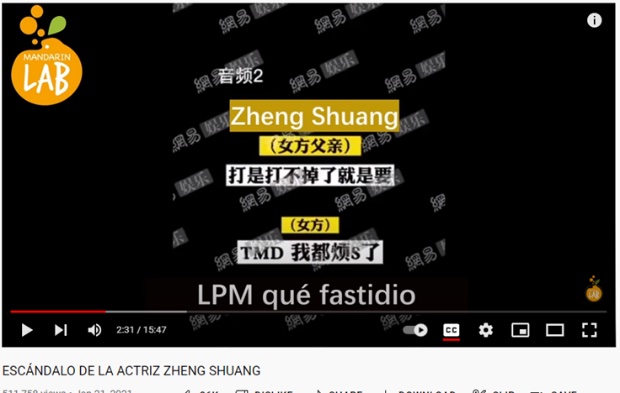[This is a guest post by Ying-Che Li]
Being Taiwanese myself, I very much appreciate Victor’s frequent attention to Taiwanese code utility, code crossing, and other linguistic phenomena, which interestingly reflect Taiwan’s current political and cultural atmosphere.
I have several immediate comments after reading Victor’s two recent postings on Taiwanese. As I became immersed in writing, though, it has turned into a longish reflection unexpectedly.
1 I admire Victor’s (and others’) explication of layers of nuances and his insightful ideas on the ‘vulgar’ expression discussed.
2 To me, the ‘vulgar’ and the intentionally sexual implication in the Taiwanese expression was here used as a specifically reactionary retort to the notorious internet and campaign speech vulgarities of Kaohsiung mayor, Han Kuo-yu (Kuomintang [KMT] presidential candidate), which invariably exhibit his sexually explicit tendencies and his chauvinism (and his womanizing habits). Han, unfortunately, attracts huge followers (many of whom are descendants of 眷村 juancun, the military dependent villages, Han being one himself), even now, and they take his big promises, such as 大家發大財 dajia fa dacai, ‘I’ll make everyone rich’ (echoing Trump’s slogan of ‘making America great’) at their face value.
Read the rest of this entry »


